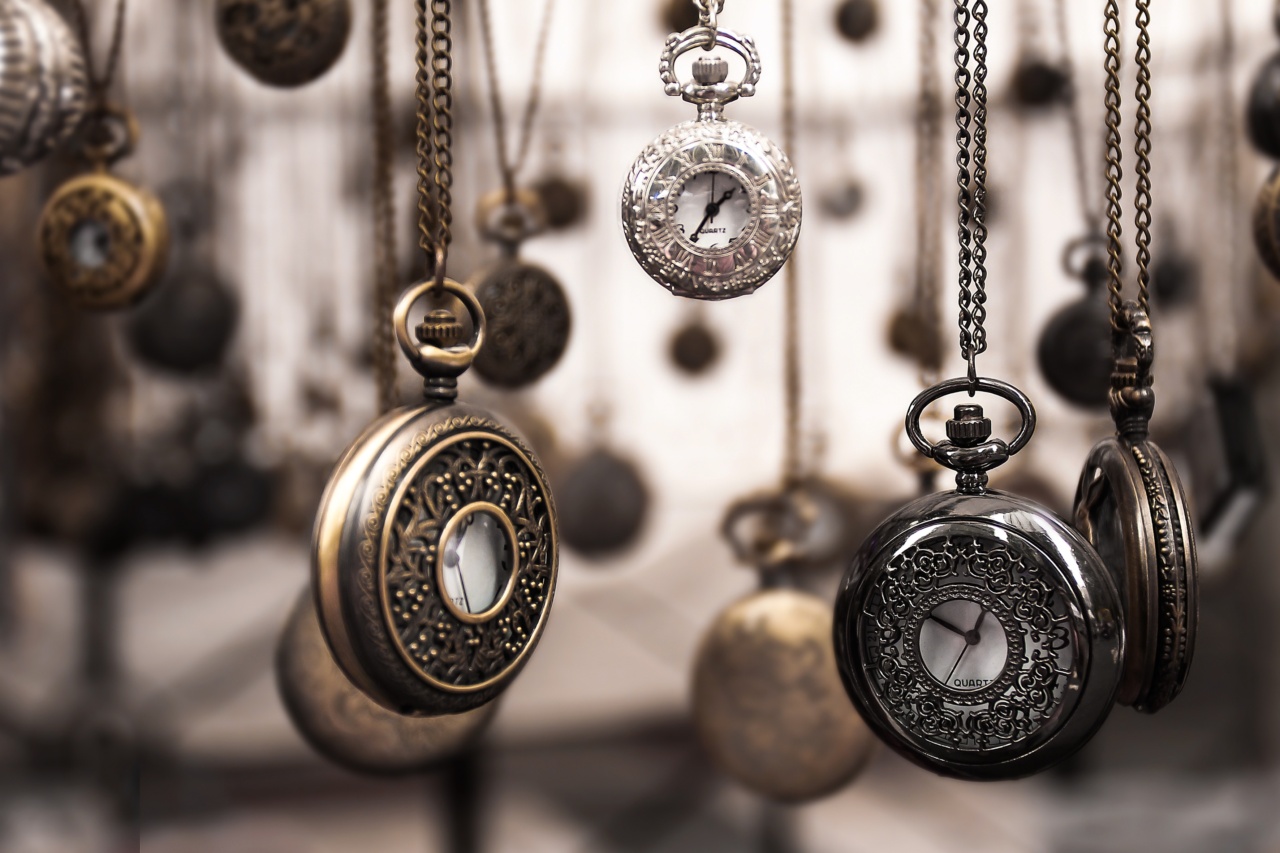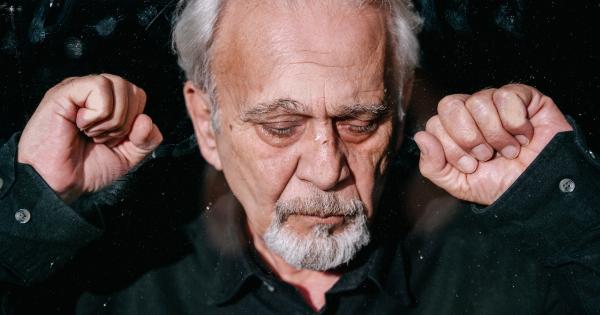Hair loss is a common issue that affects millions of people worldwide. While it can be caused by various factors, one potential cause that often goes unnoticed is iron deficiency.
Iron is an essential mineral that plays a crucial role in the production of hemoglobin, a protein that carries oxygen to the body’s tissues. Insufficient iron levels can lead to anemia and, subsequently, hair loss. Recognizing the signs of hair loss due to iron deficiency is important in identifying when it’s time to see a physician.
The Connection Between Iron Deficiency and Hair Loss
Iron deficiency anemia occurs when there is a lack of iron in the body, leading to a decrease in the production of hemoglobin.
This deficiency affects the body’s ability to carry oxygen to the organs and tissues, resulting in various symptoms, including fatigue, weakness, and hair loss. When the body experiences a shortage of iron, it prioritizes its usage, meaning it diverts the available iron to critical organs such as the heart and brain, leaving the hair follicles with inadequate supplies.
The hair growth cycle consists of three phases: anagen (growth phase), catagen (transition phase), and telogen (resting phase).
An inadequate supply of iron disrupts this cycle, causing more hair follicles to enter the resting phase (telogen) prematurely. As a result, the affected hair strands become weak and eventually fall out, leading to noticeable hair thinning and even bald patches in severe cases.
Identifying the Signs of Hair Loss due to Iron Deficiency
Recognizing the signs of hair loss caused by iron deficiency is crucial in seeking timely medical attention. Here are some common indicators to watch out for:.
1. Unexplained Hair Thinning
If you notice a significant thinning of your hair, especially without any obvious cause such as excessive styling or heat damage, it could be a sign of iron deficiency. Keep track of the density of your hair and any noticeable changes over time.
Thinning hair, particularly around the crown area, can be an early sign of iron deficiency-induced hair loss.
2. Increased Hair Shedding
It is normal to lose 50-100 hairs per day. However, if you start noticing an excessive amount of hair in your brush, on your pillow, or in the shower drain, it may be a sign of iron deficiency and subsequent hair loss.
Iron deficiency disrupts the natural hair growth cycle, causing more hair to shed during the telogen phase.
3. Brittle and Dry Hair
Healthy hair is often associated with shine and strength. If your hair becomes brittle, dry, and prone to breakage, it may be a result of insufficient iron levels. Iron plays a crucial role in maintaining hair cell structure and moisture balance.
Without adequate iron, your hair may appear dull, lifeless, and more susceptible to damage.
4. Pale Skin and Fatigue
Iron deficiency anemia affects the body as a whole, not just the hair. One of the main symptoms of iron deficiency is pale skin, particularly noticeable in the face, nails, and palms.
Fatigue and weakness are also common due to the reduced oxygen-carrying capacity. If you experience these symptoms in addition to hair loss, iron deficiency may be the underlying cause.
When to See a Physician
If you suspect that your hair loss is due to iron deficiency, it is essential to consult a physician for proper diagnosis and treatment.
They will be able to evaluate your symptoms, perform a blood test to measure your iron levels, and determine the appropriate course of action.
In some cases, iron supplements may be recommended to replenish the body’s iron stores. However, self-diagnosis and self-medication are not advisable, as excessive iron intake can have adverse effects on your health.
Only a healthcare professional can accurately diagnose and prescribe the necessary treatment based on your specific situation.
Prevention and Management of Hair Loss due to Iron Deficiency
Preventing iron deficiency-induced hair loss begins with adopting a well-balanced diet that includes iron-rich foods. Some excellent sources of iron include red meat, poultry, fish, lentils, spinach, and tofu.
Pairing iron-rich foods with vitamin C-rich foods, such as citrus fruits and berries, can enhance iron absorption.
In addition to dietary adjustments, there are certain lifestyle changes that can help manage hair loss due to iron deficiency:.
1. Stress Management
Stress can exacerbate hair loss by triggering hormonal imbalances and hinder iron absorption. Engaging in stress-reducing activities such as yoga, meditation, or regular exercise can help manage hair loss and promote overall well-being.
2. Gentle Hair Care
Avoid harsh hair treatments, excessive heat styling, and tight hairstyles that pull on the hair strands. Opt for gentle hair care practices and use products specifically formulated for fragile or thinning hair.
3. Regular Scalp Massage
A scalp massage can improve blood circulation, ensuring better delivery of nutrients and oxygen to the hair follicles. Use your fingertips to massage your scalp gently in circular motions for a few minutes each day.
Conclusion
Recognizing the signs of hair loss caused by iron deficiency is crucial in seeking timely medical attention. Iron deficiency anemia can affect the hair growth cycle, leading to hair thinning and shedding.
If you experience unexplained hair loss, increased shedding, brittle hair, and other associated symptoms such as pale skin and fatigue, it may be a sign of iron deficiency. Consult a physician for a proper diagnosis and treatment plan tailored to your needs. With the right intervention and lifestyle changes, hair loss due to iron deficiency can be managed effectively.


























